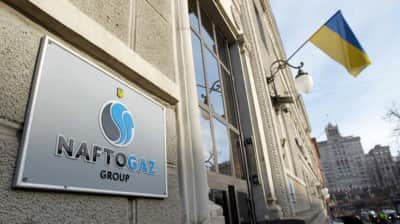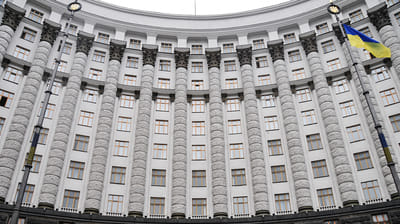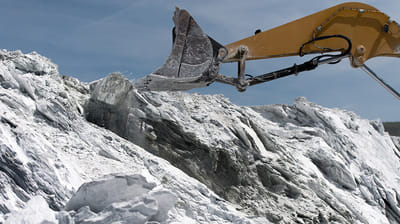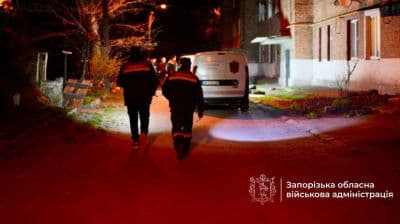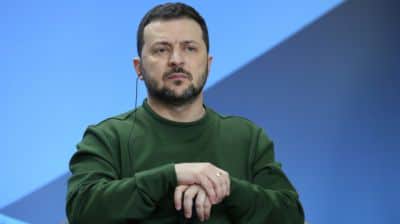Wigs, a sledgehammer, gold bars and a lot of icons – Russian media prints photos alleged to be from Prigozhin's house
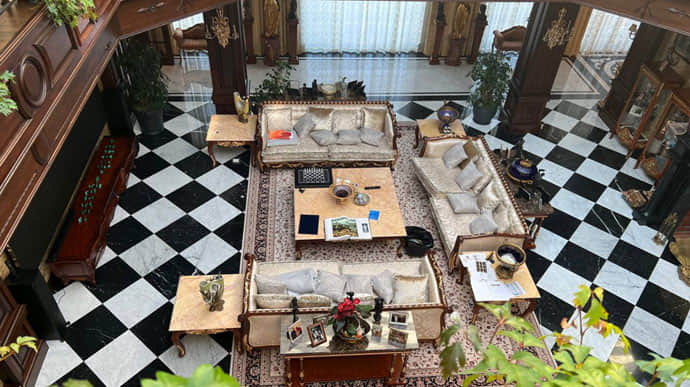
The pro-Kremlin media outlet Izvestia has published photos and videos alleged to have been taken in the mansion and office of Yevgeny Prigozhin, leader of the Wagner Group, where searches have been conducted. Items found in the house include a lot of weapons, boxes of cash, wigs, a sledgehammer "for negotiations", and a private prayer room with a large number of icons.
Source: Izvestia; Russian Telegram channels
Details: Izvestia writes that the footage of the searches at Prigozhin's apartment was made available to them on 5 July.
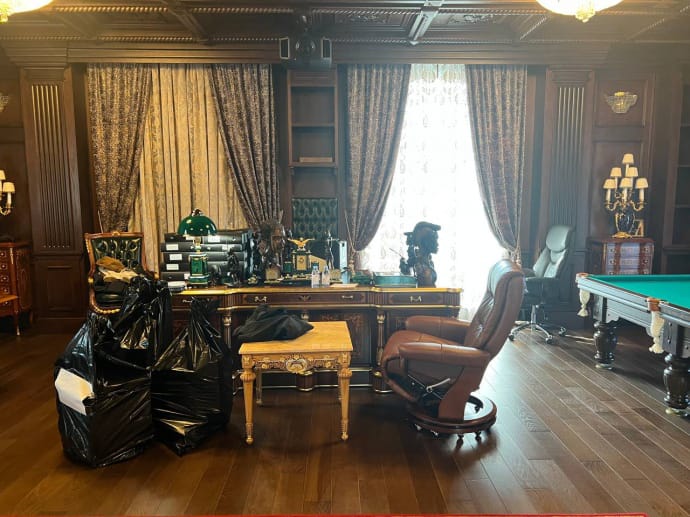
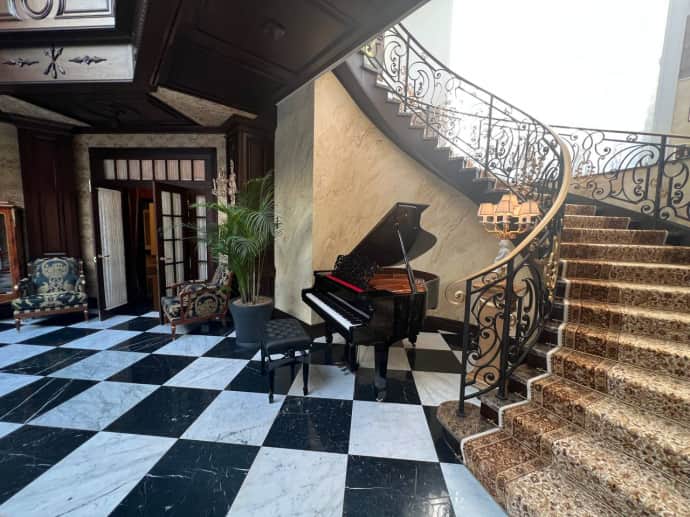
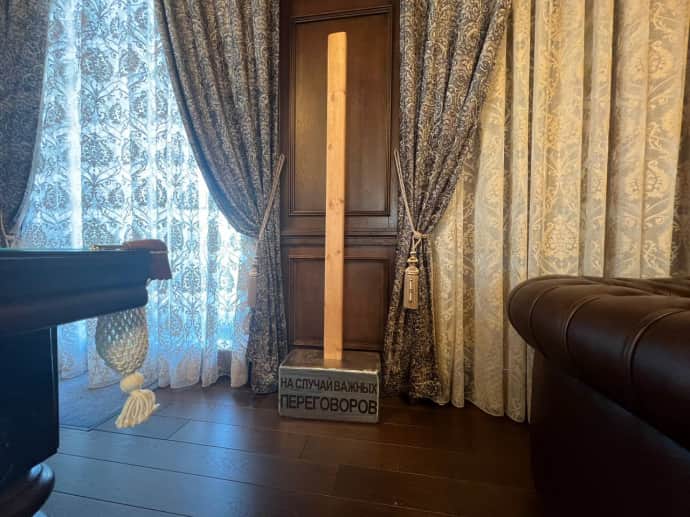
The video shows Russian security forces breaking into the courtyard of the two-storey mansion.
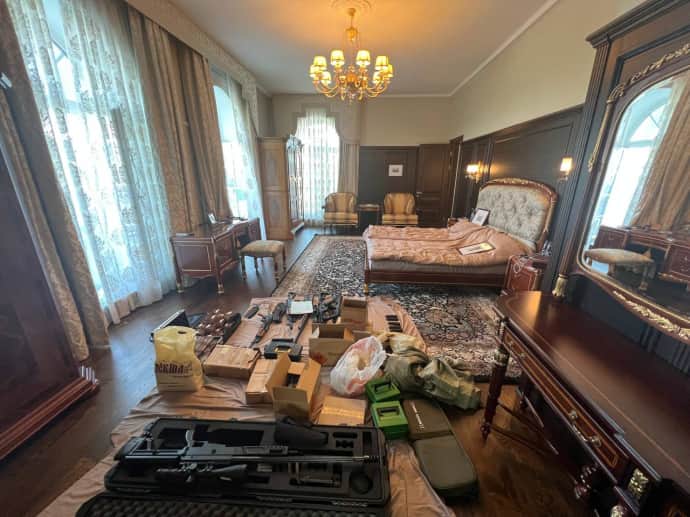
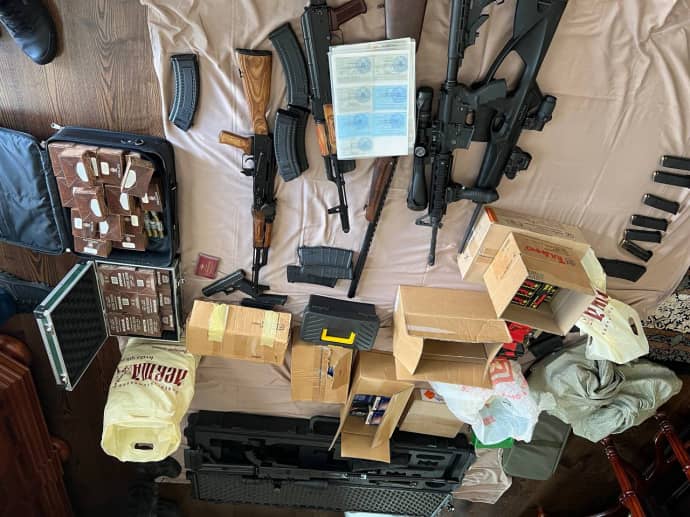
The extensive grounds have their own helipad, and the house has a swimming pool, sauna, gym and medical room.
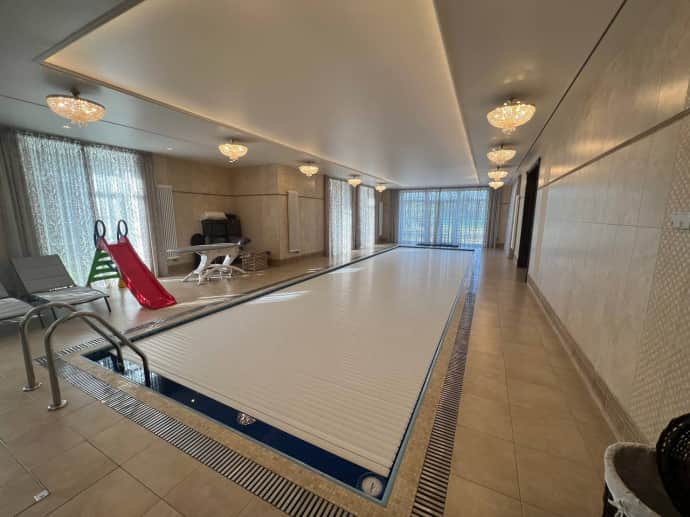
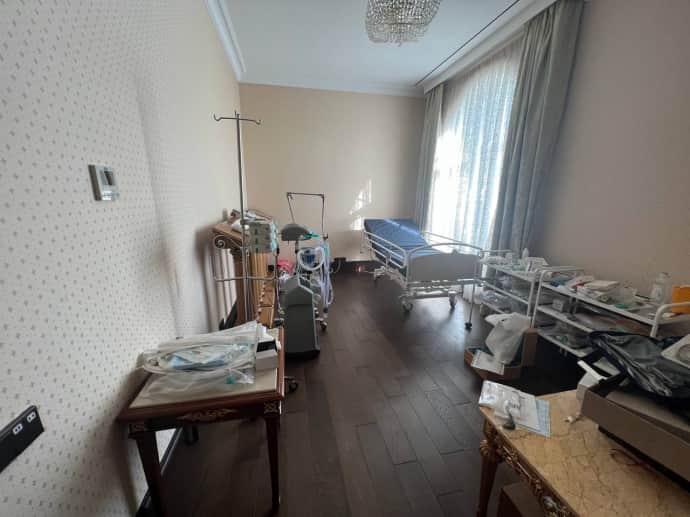
In addition, judging by the photos, a whole arsenal of weapons complete with ammunition was found in the mansion, along with gold bars, several passports, wigs, bundles of cash, and a private prayer room with a huge candle-holder and a large number of icons.
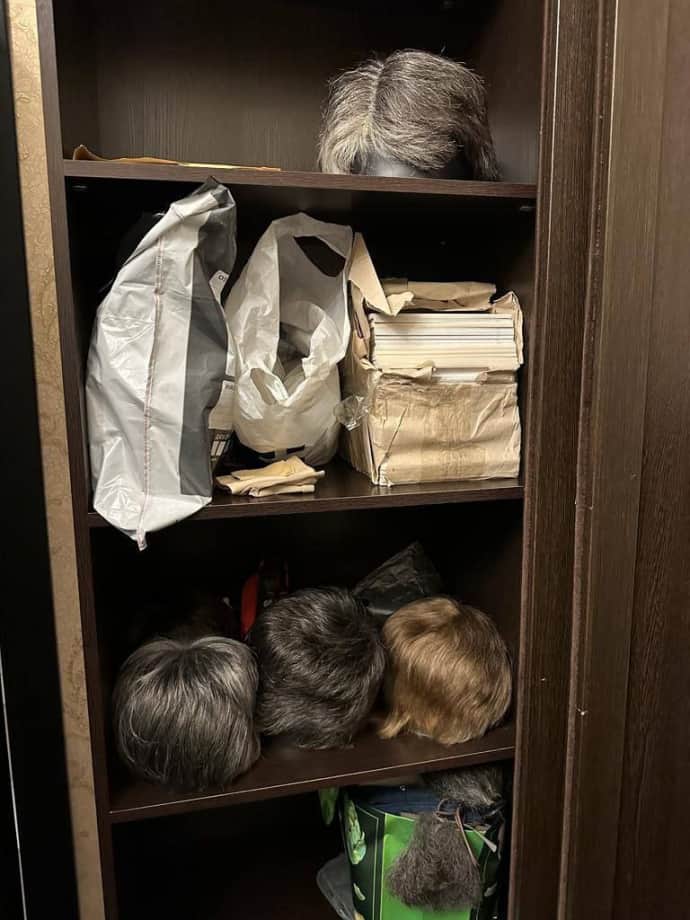
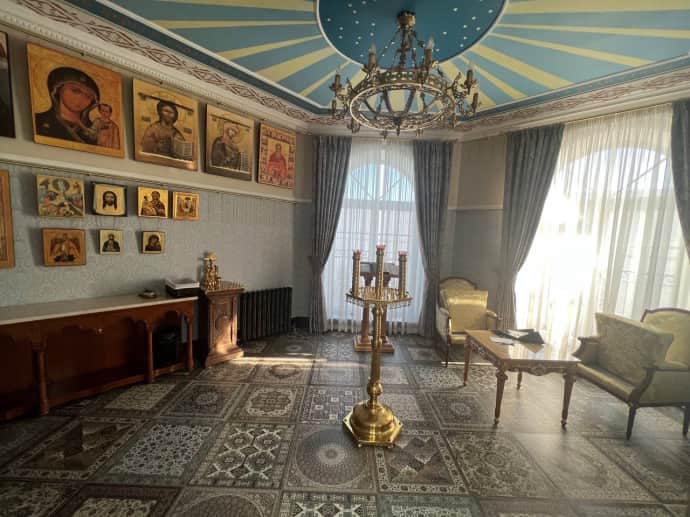
Previously: Russian media previously reported that Yevgeny Prigozhin, leader of the Wagner Group, arrived in St Petersburg in person on 4 July, where weapons seized during searches were returned to him. It was also reported that Prigozhin was given back RUB 10 billion [approx. US$111,313 million – ed.] which security officials had found during searches in St Petersburg following his attempted rebellion.
For reference: Russian pro-war media and Telegram channels are claiming that between 13 and 20 people died as a result of the Wagnerite mutiny.
The Russian army also lost equipment: according to Important Stories, the losses comprise three Mi-8 electronic-warfare helicopters, one Mi-8 transport helicopter and two attack helicopters, a Ka-52 and a Mi-35M, as well as an Il-22M command post aircraft and two armoured cars, a Kamaz and a Tiger. The Wagner Group lost two UAZs, one KAMAZ and a VPK-Ural armoured car.
The Russian service of Radio Svoboda (Liberty), citing estimates made by the Dutch project Oryx, reports that the Wagnerites shot down an Il-22M aircraft and six Russian army helicopters during the mutiny.
Putin acknowledged the death of Russian pilots during the rebellion but made no high-profile statements on the episode. The Russian dictator did call a meeting with the heads of law enforcement agencies, but he merely thanked them for "suppressing" the Wagner Group mercenaries’ rebellion. Putin also thanked the Wagnerites for "not going on to commit fratricidal bloodshed".
Background:
- On the evening of 23 June, Wagner Group leader Yevgeny Prigozhin claimed that the regular Russian army had launched a missile strike on his mercenaries’ rear camps. Because of this, 25,000 of Prigozhin’s mercenaries went on a march to "restore justice".
- On the morning of 24 June, Prigozhin claimed that he had taken control of military facilities in Rostov-on-Don, including an airfield, and that his soldiers had already shot down three Russian helicopters; he said they were now "heading for Moscow". Wagner mercenaries seized military facilities in the Russian city of Voronezh.
- Russian President Vladimir Putin said that Russia was "fighting for survival" and that attempts were being made to "organise a rebellion" in the country.
- The Office of the President of the Russian Federation anticipated that Yevgeny Prigozhin’s Wagner Group fighters would likely reach Moscow’s outskirts in the next few hours, with fighting expected near Russia’s capital. Ukrainian intelligence had information that Putin had urgently left Moscow for his residence in Valdai. The convoy of Wagner Group forces was spotted just 400 kilometres away from Moscow.
- On the evening of 24 June, after a conversation with self-proclaimed President of Belarus Alexander Lukashenko, Prigozhin said that his mercenaries would be turning their convoys around and going in the opposite direction to set up field camps. Later it became known that the criminal case against Prigozhin was to be closed and he would "go to Belarus".
Journalists fight on their own frontline. Support Ukrainska Pravda or become our patron!

